Many of my clients with large and small debts who are making payments on their bills wonder, "how can I most effectively pay off my debt?"
When trying to pay down debts, there's a right way and a wrong way to do it. One size does not fit all. A consultation can help create a payment plan that specifically fits your needs and get you out of debt much faster. But let these general rules guide you in your quest for financial freedom:
Create a List. Write down your debts on a piece of paper or a computer spreadsheet. Next to each debt, write down the interest rate and the type of debt - credit card, medical bills, etc. If you don't know these numbers, check your credit report. You may not see all of your debts on the report but it's a good starting place. Setting aside secured loans - such as mortgage or car payments - and taxes, student loans, and other government debts, the rule of thumb will be to prioritize the loans with the higher interest rates. There's a temptation to pay the loans with the lower balances off first because there's some satisfaction in seeing a balance go to zero. But you'll get to the debt-free finish line faster if you focus on the higher interest rate loans first. Note that if you have significant tax or student loan debts, you will likely want to consult with a professional because there are more complex strategies that will go into how to handle the payment of those debts. You also should consult with an expert if any of your creditors have sued you or have a judgment against you.
Create a Budget. If you've never created a budget, it is much easier than in sounds. A budget is just a list of your total income and expenses over a given time period. Because many bills are paid on a monthly basis, most people use a sample month's worth of income for their budget. The income side is usually easier to figure out. Expenses can take a little longer. You don't have to add up every trip to the drive-through when estimating your food expenses so just do your best to estimate monthly food costs. But don't forget to write down things you might otherwise forget: such as occasional car and home repairs, clothing purchases, out-of-pocket medical expenses, haircuts, and recreational activities. Spend a sample month jotting things down and use that to test your estimates. Then look at how much you really have over each month for paying down debts. If this amount isn't enough to pay off unsecured debts within five years, think about ways to increase the income (part-time job?) or reduce the expenses. If this won't do the trick, it's a good time to talk to a professional.
Pay More than the Minimum. Credit card bills have a "minimum" payment amount to keep you current. This amount is often ridiculously low. Most of us know that if you only pay the minimum it may take a lifetime to pay the bill in full. Only pay the minimums if you are doing so to put more money into paying off other loans with much higher interest rates. Note that this tip also works with secured loans -- you can often reduce a 30-year mortgage to 20 years or less by making a surprisingly small additional principal payment each month.
Don't Borrow Trouble. If you can't pay off your bills in a given month, you're going to be tempted to take out an additional loan to make things work. Heck, your lenders will probably even send you a letter offering you a short-term loan to help out. This is almost always a bad idea and can add years to your repayment plan. So shred those checks the banks send you. And NEVER take out a payday loan. The interest rates on payday loans tend to be outrageous.
Don't Borrow from Yourself. You may be tempted to sell one of your most valuable assets: retirement savings. If you're lucky enough to have retirement savings, withdrawing it is arguably a worse move than taking out a payday loan because in this case the lender is you! Selling other unneeded assets is fine but your retirement savings is special, and is treated specially under the law. Depending on how you handle the withdrawal, you may have to pay significant taxes and penalties on the amount you borrow from yourself.
If you need help, I strongly recommend you call either a qualified debt-relief attorney or a non-profit credit counseling agency. NON-PROFIT is the key. There are many "debt settlement" agencies out there that will charge you an arm and a leg to get the same help you can get for much less money from a non-profit credit counseling service.
Image credit: Tax Credits

